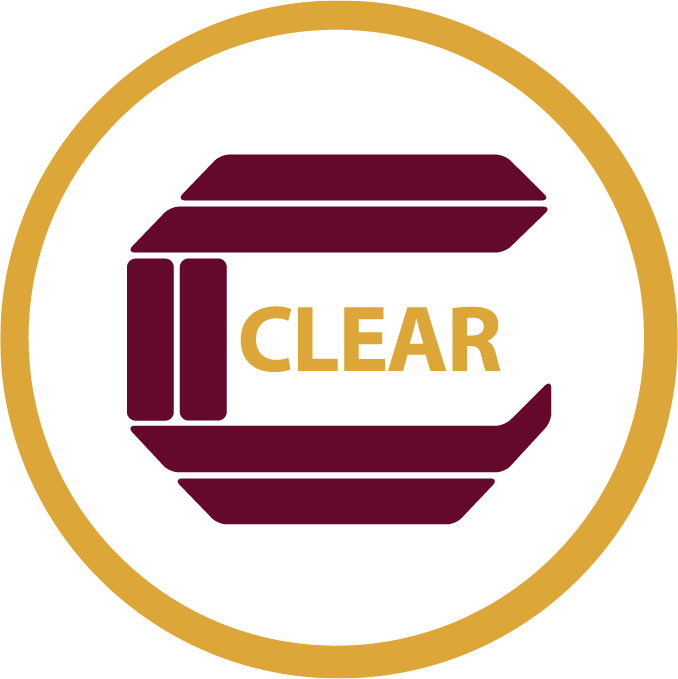Article on FDA Regulation of Physicians' Professional Speech
"Part I discusses First Amendment protection of physicians' professional speech, while also noting the strong framework of non-constitutional speech protections physicians long enjoyed under general health laws predating the emergence of modern First Amendment doctrine. These strong statutory protections may help explain the sparsity of First Amendment cases squarely addressing physicians' rights of access to the informational inputs of professional speech and their rights, as a profession, to exercise epistemic control of the medical evidence base in the sense of determining which sources of evidence are appropriate for a doctor to consider when advising a patient. Strongly protected by general health laws, these rights rarely are transgressed in ways that spark constitutional disputes. However, new medical technologies (and the government's attempts to regulate them) can exert new pressures that earlier health laws did not contemplate, leaving the First Amendment as physicians' only line of defense. CDS tools, I argue, have brought such a moment.
Part II describes the statutory basis for FDA's regulation of CDS [Clinical Decision Support] tools and explains how the Cures Act limits FDA's jurisdiction and requires procedural protections to avoid unjustified intrusions on physicians' free speech rights. Part III explains that the CDS Guidance deviates from the statute it purports to interpret in ways that impose a scheme of content-based regulation of physicians' professional speech. Part IV explains why ostensibly non-binding guidance documents, such as FDA's CDS Guidance, can nevertheless threaten immediate injuries to the rights of physicians and patients in their care. CDS tools offer great promise to improve health care, but they pose risks that call for careful oversight. The medical profession has a crucial role to play in that oversight, and the First Amendment keeps us safer by ensuring governmental agencies cannot oust them from that role."
